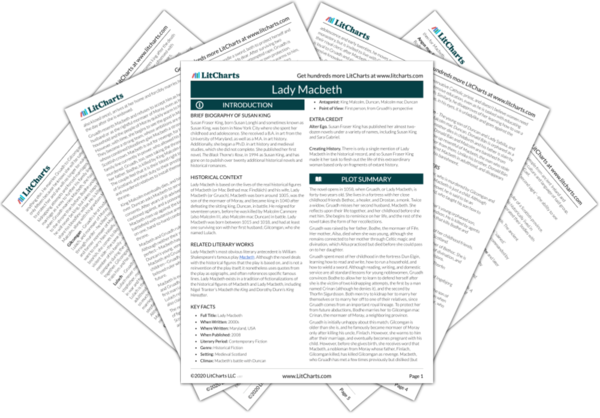Gruadh and Macbeth have different opinions when it comes to whether the new order, or old traditions, are better. This will continue to be a debate even as they gain power, with Gruadh clinging to Celtic traditions and Macbeth believing that Scotland and its inhabitants need to embrace Christianity and other relatively new innovations in order to be competitive in the future.
